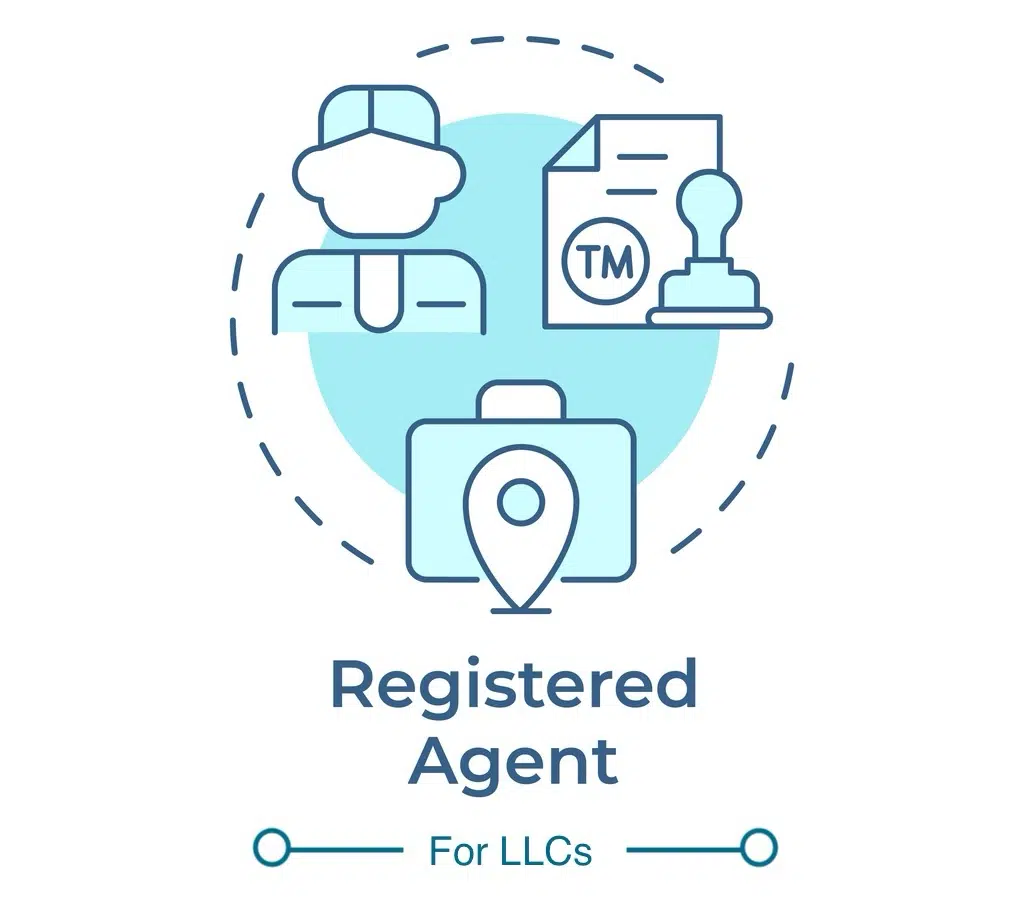 If you own a partnership based outside of California but conduct business within the state, you may be subject to California tax laws, registration requirements, and compliance obligations. Understanding these legal requirements is crucial to avoid penalties and ensure your partnership operates smoothly. In this blog post, we’ll cover the key considerations for out-of-state partnerships doing business in California.
If you own a partnership based outside of California but conduct business within the state, you may be subject to California tax laws, registration requirements, and compliance obligations. Understanding these legal requirements is crucial to avoid penalties and ensure your partnership operates smoothly. In this blog post, we’ll cover the key considerations for out-of-state partnerships doing business in California.
Does Your Out-of-State Partnership Need to Register in California?
California requires foreign (out-of-state) partnerships to register with the California Secretary of State if they meet any of the following criteria:
- Conduct business within the state (e.g., selling goods/services, hiring employees, or owning property).
- Derive income from California sources.
- Engage in transactions for financial gain in California.
How to Register a Foreign Partnership
To legally operate in California, an out-of-state partnership must:
- File Form LP-5 or LLP-1 – This registers the entity with the California Secretary of State.
- Appoint a Registered Agent – The agent must have a California address and accept legal documents on behalf of the partnership.
- Obtain an EIN – A Federal Employer Identification Number (EIN) is required for tax purposes.
- Comply with Franchise Tax Board (FTB) requirements – Partnerships doing business in California must pay the annual minimum tax.
Tax Implications for Out-of-State Partnerships
Even if your partnership is formed outside of California, it may still be subject to California state taxes.
California Franchise Tax
- Limited partnerships (LPs) and limited liability partnerships (LLPs) must pay an annual minimum tax of $800, regardless of income.
- Partnerships earning California-source income may owe additional taxes based on revenue and profit distribution.
Nonresident Partner Withholding
If a partnership has nonresident partners, it may be required to withhold California taxes on their distributive share of income. The withholding rate is typically 7% unless an exemption applies.
Compliance Requirements for Out-of-State Partnerships
To remain compliant, out-of-state partnerships must:
- File California state tax returns (Form 565 for partnerships or Form 568 for LLPs).
- Maintain business records within the state.
- Ensure all partners report and pay California income tax on their share of profits.
Expanding your out-of-state partnership into California can be a great opportunity, but it also comes with legal and tax responsibilities. If you need assistance with registration, tax compliance, or legal obligations, Law Advocate Group, LLP is here to help. Contact us today for expert guidance on California business laws.



